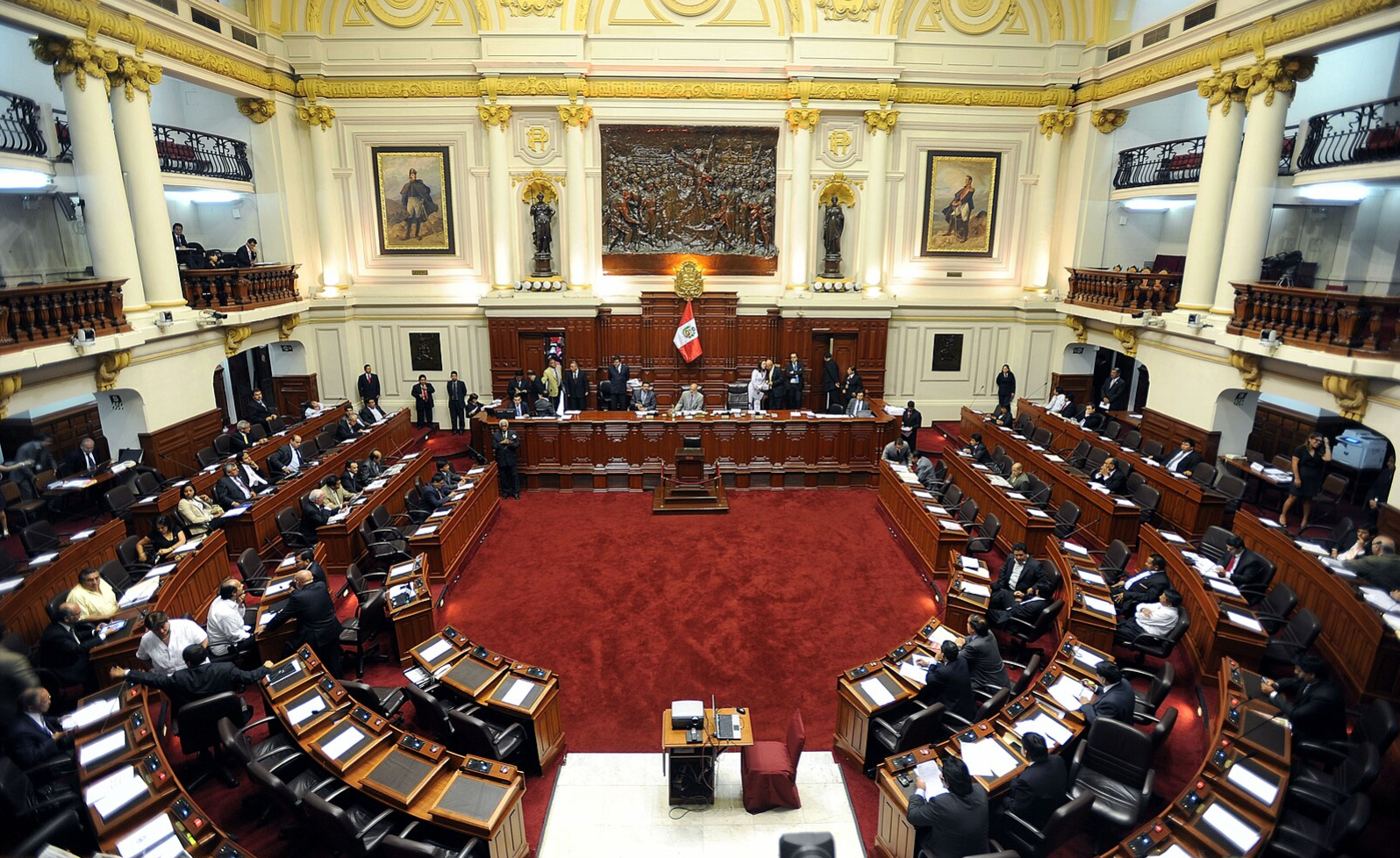A new term has been coined in Peru to describe a significant group of legislators. Although they belong to different political parties, ranging from the left to the right, and might seem to be on diametrically opposite ends of the spectrum, they share a common trait: they demand a cut from their workers’ salaries to keep them in their jobs. These are the “salary-cut legislators, or mochasueldos”.
“He told me that the Peru Libre party has many expenses, that they are being persecuted by the justice system, they have to pay lawyers, rent, logistics for weekend travel, and therefore, we would have to give a 10% contribution. He said: ‘You know, child, the car doesn’t move by itself, you have to put gas in it.'”
The above paragraph is an excerpt from the testimony of one of the workers in the office of Congresswoman María Agüero, from Peru Libre, whose leader is the former governor of the Andean region of Junín, Vladimir Cerrón. Cerrón has been a fugitive from justice for 11 long months after being convicted of corruption and is suspected of being covertly protected by the government of President Dina Boluarte.
Agüero, a staunch defender of the dictatorships in Venezuela and Cuba and the subject of several media scandals, has denied the accusations linking her to salary cuts amounting to more than 38,000 soles ($10,000). Meanwhile, the Congressional Ethics Committee, which handles misconduct by lawmakers and can recommend penalties to the full Congress (comprising 130 legislators), ranging from a reprimand to suspension or even expulsion, has yet to make a statement.
On the other side of the political spectrum is María Cordero Jon Tay, who entered Parliament with Fuerza Popular, the Fujimorist party that leads the right in Peru, and was expelled from Congress in March 2024 for a similar case: cutting up to 70% of one of her worker’s monthly salary. Unlike Agüero, Cordero Jon Tay did not have the support of her party, which expelled her from its ranks.
After many twists and turns, where Congress initially protected her, public pressure forced them to reverse their decision, stripping her of immunity so she could be prosecuted—without disqualifying her from holding public office though. The Public Prosecutor’s Office is investigating her for extortion.
Currently, the Peruvian Congress includes thirteen mochasueldos, but the only one sanctioned so far has been María Cordejo Jon Tay.
The first case dates back to early March 2023 and involves Congresswoman Magaly Ruíz, from the Alianza Para el Progreso (APP) caucus. According to the journalistic report that uncovered the facts, a former worker claimed that Ruíz asked for a monthly contribution of 1,500 soles, about $400, to keep his job. Although the Ethics Committee shielded her, the Public Prosecutor’s Office took action and, in July 2024, filed a constitutional complaint against her, hoping that lawmakers would lift her immunity so she could be prosecuted.
Like Ruíz, three other APP congress members have faced salary-cut accusations: Alejandro Soto, Rosio Torres, and María Acuña.
In the case of Soto, who served as President of Congress until July 2024, a journalistic investigation revealed that his workers used their salaries to pay for social media advertising in his favor. These workers also allegedly created fake Facebook accounts to clean up his political image, tarnished by scandals related to fraud and false documents. The complaint before the Ethics Committee was also shelved, but the Prosecutor’s Office is investigating.
As for Torres, a constitutional complaint has already been filed against her by the Public Prosecutor’s Office, which has been processed and must be reviewed by the full Congress. She is accused of cutting the salaries of ten of her workers. Initially, the Ethics Committee only sanctioned her with a 30-day fine.
Meanwhile, María Acuña’s case was filed in Congress, and there is even speculation that she may be appointed president of the Subcommittee on Constitutional Accusations, which analyzes constitutional complaints against lawmakers.
The “blacklist” also includes three legislators from Acción Popular (AP). They are Marleny Portero (allegedly donated wheelchairs with money from her workers), Jorge Flores Ancachi (allegedly cut 10% of his workers’ salaries and 50% of their bonuses), and Raúl Doroteo (allegedly took more than 7,000 soles from a worker).
Following them are Congress members Heydi Juárez (salary cuts from 4 workers to pay her cousin’s salary), Edgar Tello (expelled a pregnant worker who refused to accept a salary cut), and José Arriola (salary cuts from seven workers) from the Podemos Perú caucus, and Katy Ugarte from the Unidad y Diálogo Parlamentario political group.
Although the term mochasueldo has gained popularity during the current Peruvian Congress, the first case of this perverse practice dates back to 1995, when then-legislator Manuel Lajo was accused of taking 200 soles a month from his staff. The most emblematic case is that of Michael Urtecho, who in August 2023 became the first legislator sentenced for this crime. He will spend 22 years in prison.
In the vast majority of cases, Congress has shelved the complaints or imposed very lenient sanctions, while the Public Prosecutor’s Office has been the one to truly take up the fight to punish these illegal acts.
The mochasueldo legislators wash their hands of it, but Congress washes their faces.













